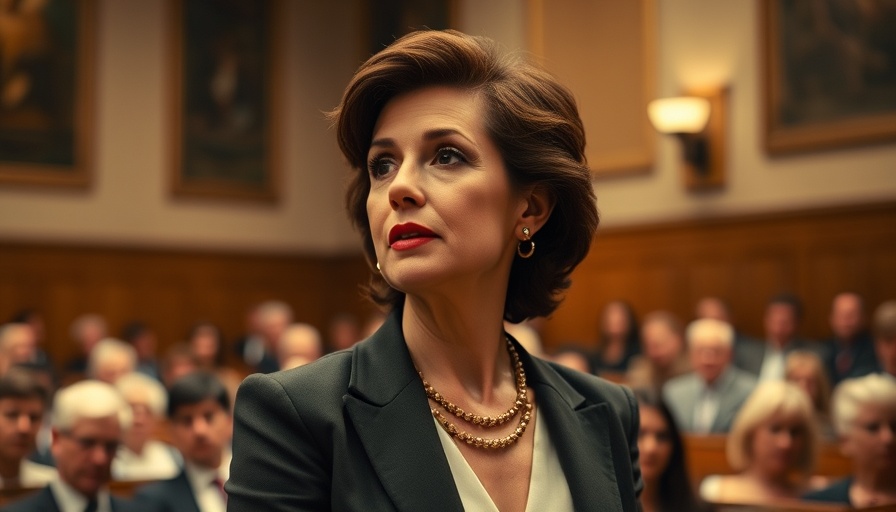
Unpacking the Impact of Recent Personnel Changes in U.S. Copyright Leadership
The abrupt firing of Shira Perlmutter, the Register of Copyrights, has sent ripples through the creative community and the broader public. This decision comes just days after the controversial termination of Carla Hayden, the Librarian of Congress, marking a significant shift in leadership at pivotal institutions that oversee intellectual property and information dissemination in the United States.
A Historical Perspective on Copyright and Governance
Copyright law in the U.S. has evolved significantly over the past century, shaped by changing technologies and cultural movements. The Copyright Office plays a crucial role in managing intellectual property rights, which protect the creative works of individuals and businesses alike.
Throughout history, leadership changes within the Office have often reflected broader political trends and tensions between artistic expression and regulatory interests. The recent firings may represent a more aggressive stance toward copyright governance, particularly in the age of digital innovation.
Why This Matters to Entertainment Lovers and Creatives
Perlmutter's role in clarifying how copyrights apply to artificial intelligence—a hot topic in today's creative industries—adds urgency to her dismissal. As AI technologies increasingly influence art, music, and literature, debates around copyright protections become vital. Entertainment enthusiasts, artists, and cultural stakeholders rely on strong intellectual property laws to safeguard their work against misuse and infringement.
According to Perlmutter, works created with AI implemented as tools should still recognize human creativity as central to the copyright process. Her firing raises concerns about the future of these protections and how new technologies may interact with existing laws.
Responses from Political and Creative Circles
Reactions from lawmakers have been swift and critical. Representative Joe Morelle's denouncement of the termination as a "brazen power grab" indicates that the cultural implications extend beyond copyright to the political landscape itself. This resonates particularly with those in the entertainment sector, who often see their creative expression as an extension of their rights that should be constitutionally protected.
The outcry has led to discussions about a possible return to previous norms of stability in governance. Some industry insiders advocate for a non-partisan approach to copyright leadership to minimize political influences on creative governance.
What’s Next for U.S. Copyright?
As the landscape shifts underfoot, it’s crucial for creatives and the public alike to monitor developments regarding the Copyright Office's direction. With discussions swirling about copyright in the digital age, industry stakeholders are eager for clarity on how incoming leadership might reshape existing laws and perspectives.
Given that the Copyright Office handles about half a million applications each year, its governance influences a myriad of industries beyond just entertainment, including technology, literature, and academia.
Future Predictions and Insights
Looking ahead, the following are potential outcomes of this significant change in leadership:
- Heightened Tensions Between Technology and Creativity: The ongoing conflict between the rapid advancement of AI and traditional copyright principles may intensify, particularly as new artistic mediums emerge.
- Calls for New Copyright Legislation: As debates around intellectual property continue, there may be increasing demands for comprehensive reform to address the challenges posed by digital content consumption.
- Greater Advocacy From the Creative Community: Artists and stakeholders might unite to advocate for a system that not only protects their interests but is also adaptable to the dynamic nature of their creative processes.
In times of uncertainty, it's the shared voices of the community that can shape the discourse around copyright laws, ensuring they reflect the needs and realities of modern creativity.
Take Action: Engage with the Creative Discourse
As changes in leadership unfold at such pivotal cultural institutions, it’s important for individuals passionate about art and creativity to stay informed and engaged. Following developments in copyright and voicing your opinions can help ensure that the future of creative protections maintains a balance between innovation and the rights of creators.
 Add Row
Add Row  Add
Add 






Write A Comment